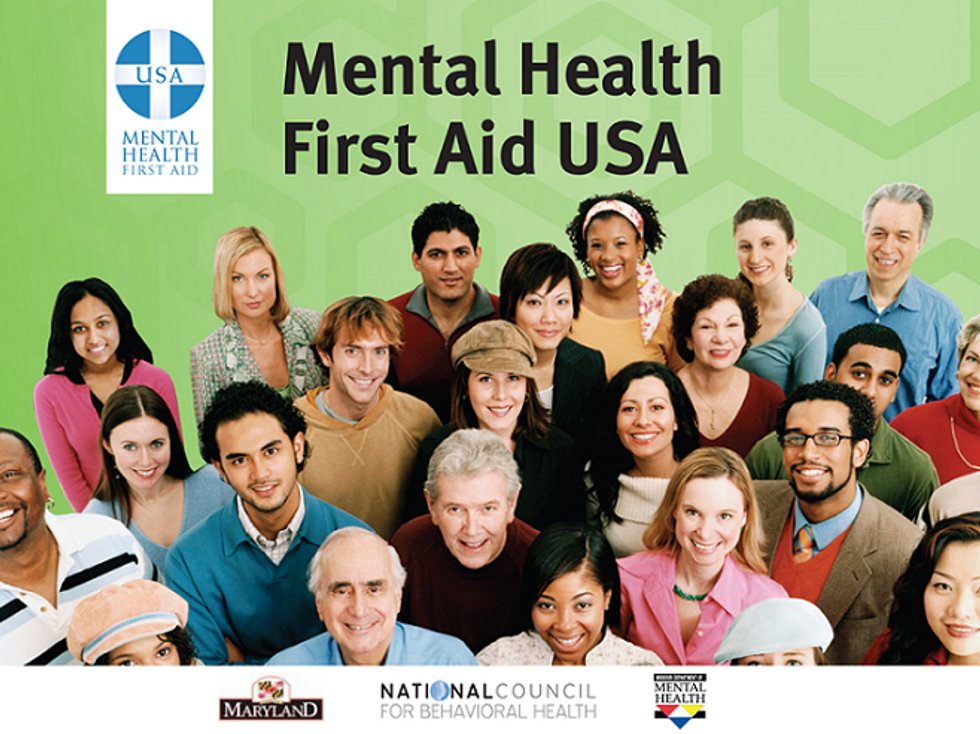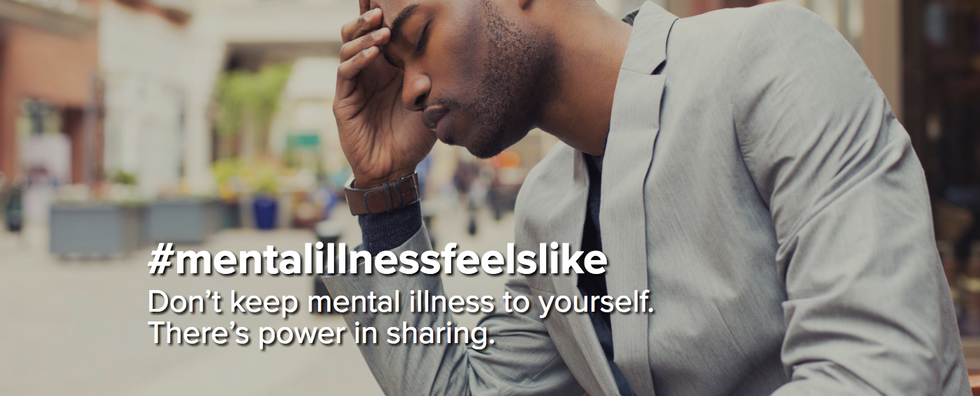May is Mental Health Awareness Month, not to be confused with World Mental Health Day on October 10, or NAMI's Mental Health Awareness Week in the fall. Talking about mental health can be tough, especially with so much stigma surrounding different diagnoses, but it's so important to stay educated and help educate others about the risk factors, signs, habits or behaviors that can lead to problems with mental health.
Here are a few ways you can take part in Mental Health Awareness Month:
Take a Mental Health First Aid course.
You probably know CPR, generic first aid skills, and how to help someone when they're choking, but do you know how to help someone who is having a mental health crisis? You can take a course and get certified in Adult Mental Health First Aid and Youth Mental Health First Aid, which are offered locally all around the country. These courses can help you apply an action plan when someone is struggling with panic attacks, suicidal ideation, self-harm, and more. To find the next session near you, check out the Mental Health First Aid USA website for more details.
Volunteer for a local hotline.
Many counties all over the country have dedicated hotlines for mental health crises and suicide. There are many opportunities for outreach or you can train to work on the phones. In my experience, working for a local youth hotline was life-changing and helped me discover my passion for helping others and focusing on mental health and psychology throughout college. There a handful of ways to find your local hotline. You can just Google the city and state you live in, along with keywords such as, "Suicide hotline" or "Mental health volunteer opportunities," or you can take a look at suicidehotlines.com and click on your state, where you can find different services by county.
See how mental illness affects others.
Mental Health America began a movement in 2016, hoping to bring more awareness to what mental illness can be like. The movement is characterized by the hashtag #mentalillnessfeelslike and encourages people on social media to discuss mental health more openly, expressing that "There's power in sharing." Share your experiences, or learn about the experiences of others. Start a much needed discussion about how mental illness can impact our daily lives.
End the stigma.
By educating yourself and others, you can help end the stigma surrounding mental health. Start by understanding how your words can affect others and avoid using phrases that contribute to the stigma.
There are so many other ways you can participate in Mental Health Awareness month, and these are just a few ideas to get you started. To learn more, visit Mental Health America.





















